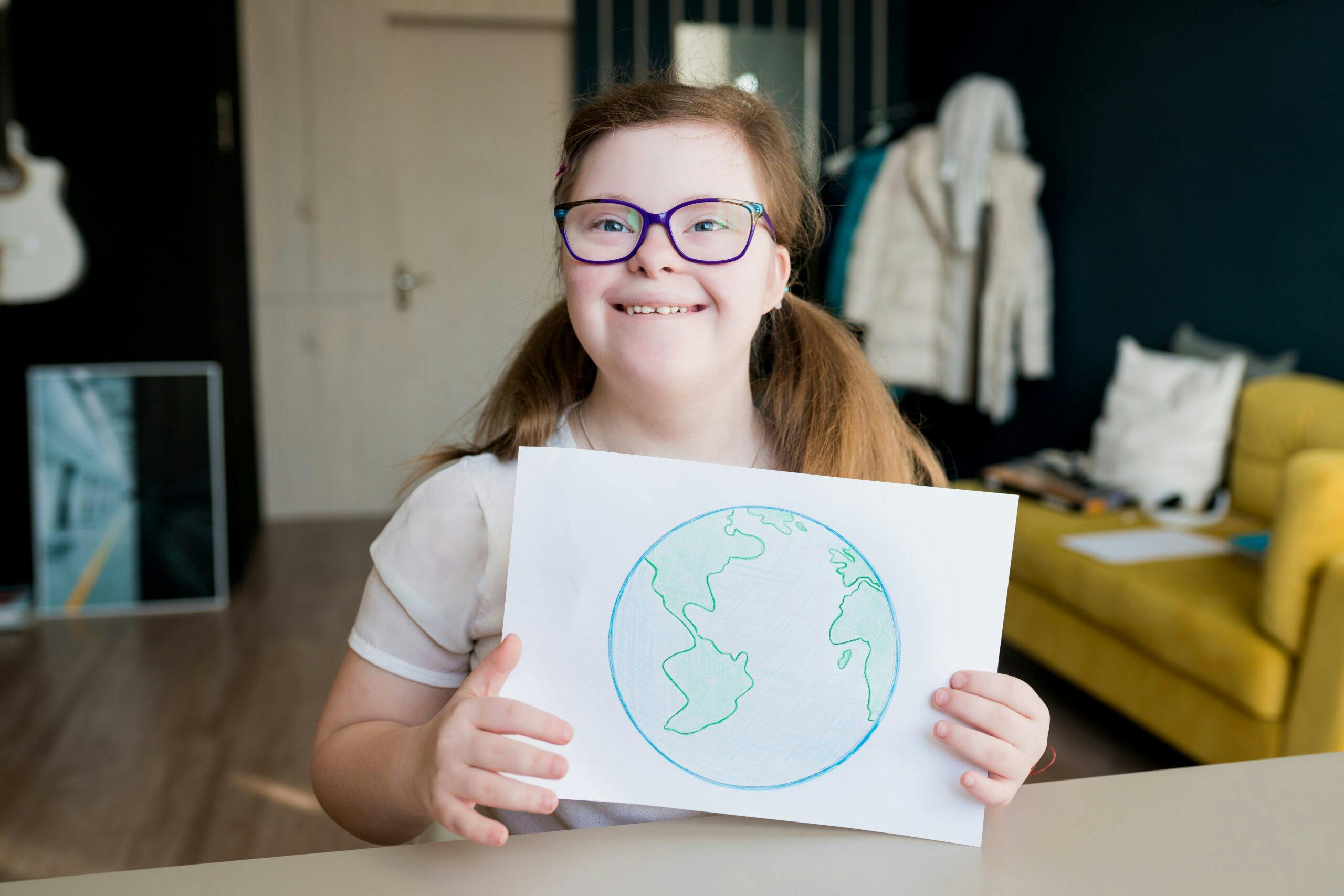What are Developmental Disabilities and Who is Impacted by this Diagnosis?

According to the Centers for Disease Control (CDC), developmental disabilities are best defined as impairments or deficiencies that affects an individual’s behavior, speech, mobility and learning abilities.

There are several different types of developmental disabilities, including:
- ADHD
- ADD
- Down Syndrome
- Fetal Alcohol Syndrome
- Dyslexia
- Autism Spectrum Disorders
- Cerebral Palsy
- Spina Bifida
- Vision impairment
- Hearing loss
Each developmental disability will bring a unique set of challenges, obstacles and barriers. A developmental disabilities diagnosis will not only affect the individual with developmental disorders, but also greatly impact the family and support system as well. As a parent, you may start to feel anxiety, anger or guilt (LINK PARENT GUILT PAGE) as a result of your child’s diagnosis. It is imperative to remember that you will lead by example for our child during this otherwise challenging time in their life.
Why a Developmental Disability Does Not Have to Define Your Child
Although it can be a life altering prognosis, disabilities should not measure the amount of intelligence and/or worth in a child. As a parent, it is important to remember that although they should be educated on their diagnosis and the stigma around them, it is even more imperative to be sure that they know it does not define them as a human being. Perhaps one of the best ways to show them this is by encouraging them to look up to the successful people around them that may have a developmental disability. Successful individuals with an intellectual disability include but is not limited to Michael Phelps, who has been open about his diagnosis with ADHD, Stevie Wonder with his visual impairment and all athletes at the Special Olympics all have some form of disability.
By showing your child the wonderful things he or she can do with their life, despite their diagnosis, you are allowing them to feel as though their diagnosis is not abnormal and is accepted in society. Being told that you are different or that you have a disability can take a toll on someone and can affect a person’s ability to think highly of themselves. By showing them wonderful role models for them to look up to, you may be making a bigger impact on their self-esteem and their lives than putting a smile on their face for a few moments. You are showing them that their disability does not define who they are.
An individual with developmental disabilities should also be encouraged to find something that he or she truly loves and that can become a passion of theirs in life. For some children and adults, that may be playing sports. For others, they may find comfort in painting, drawing, reading or writing. Each person living with a developmental disability has the capability to find what they are passionate about. Some beneficial activities that children with developmental disabilities can seek out includes:
- Swimming
- Running
- Painting
- Drawing
- Reading
- Writing
- Photography
- Cooking
- Building things with their hands
It is crucial that a parent, guardian or caregiver is present at all times when a child with disabilities is playing sports, handling heavy or expensive equipment or in the kitchen, as well as medical professionals have given their approval for your child to play sports. Participating in said activities can give children with developmental disabilities a sense of purpose and feel as though they belong with the rest of the children in their class and their age. In fact, they may be more likely to meet other likeminded children by way of such activities. Encouraging them to join teams, join clubs or invite others to join them may break down various barriers.
Developmental disabilities do not have to define your child. As their guardian, you have the ability to guide them throughout life and teach them that a disability does not characterize a person to their core, but rather is yet another characteristic in their personality that makes them unique. We encourage you all to celebrate uniqueness and each child alike, with or without a disability.
